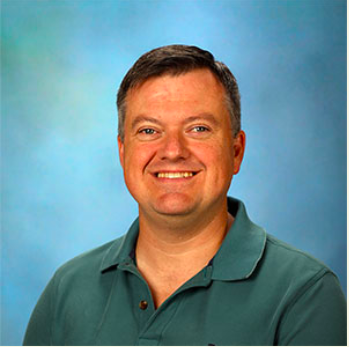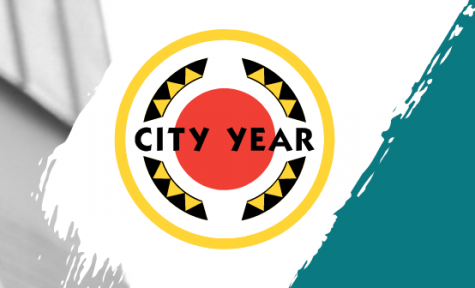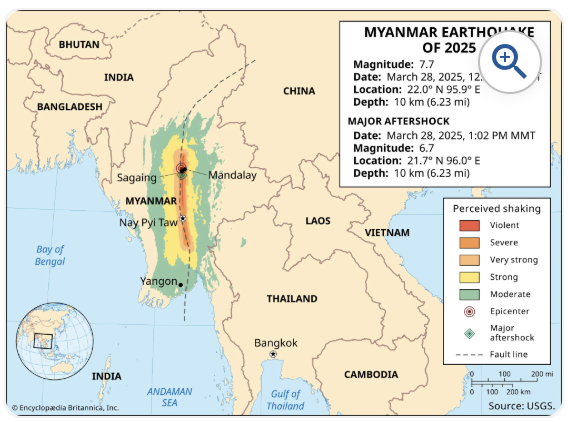Walks in the Arbo: Mr. Hannigan
April 16, 2021
Mr. Hannigan has been an active and devoted member of the Morristown-Beard community since 2000. He started teaching in the middle school and currently teaches Humanities 9 and AS History of Western Ideas. Mr. Hannigan is also involved beyond the classroom, working as an assistant director for the MBS Summer Camp and advising the Model United Nations Club. He was one of the 4 original grade deans and the history department chair from 2011-2017.

What inspired you to become a teacher?
“The biggest inspiration I had was that between my sophomore and junior years of high school I worked at a boy scout camp. I ended up working at that camp for many years, but that first year I worked in the nature center. I was teaching different skills and merit badge things involving different aspects of nature, animals, weather, and hiking, and stuff like that, and I really enjoyed it. You know, there’s a lot of different ways you can [teach] it and some of it was just going over stuff in a book, which didn’t seem very exciting for a camp atmosphere. So I remember trying to be very creative to make it more than just covering requirements. The program director, towards the end of the summer, asked me if I was enjoying working there, and I said ‘Yeah, I’m having a great time.’ And then he asked me if I’d ever considered being a teacher because he had noticed that I wasn’t just going off the script of what was in the books – I was actually trying to do something different with [the content] to make it more experiential and interesting. That kind of put the idea in my head, and from that point on I just had it in my mind that I was going to be a teacher. It took me a little while to realize that it was history I wanted to teach, but that was that moment and inspiration that pushed me in this direction.”
What did you do before coming to MBS and how did those experiences shape your teaching style?

“I was an education major, and usually when you are an education major you do a semester of student teaching. So my second-semester senior year of college, I was working with a teacher and teaching a few different classes in a high school. It turned out that 21-year-old me probably wasn’t ready to teach yet, because it was a really miserable experience. I didn’t think I was going to be good at it, so I wound up taking my first year after that working in retail. It made me appreciate what I still wanted to do, and it was a very maturing experience. But I knew I still wasn’t ready to go into the classroom, so I joined an AmeriCorp program called City Year. For two years, when I was 23 and 24, I was working in title one middle schools, which means they are schools that are at or below the poverty line, in Philadelphia. We were teaching life skills and running after-school programs, and that led me to sharpen my teaching skills without the pressure of being a full-time professional teacher. It also gave me a really wide perspective on different kinds of schools and students. I mean, as you can imagine, schools at the poverty line are very different from Morristown-Beard, but it also gave me an appreciation for students in general. What I found is that while the problems and living conditions may be very different for different types of kids in different situations, there are a lot of commonalities as well in terms of what students need in terms of knowing an adult cares about them. It sounds like a cliché, but I saw on a poster at one point: ‘students don’t care how much you know until they know how much you care,’ and normally I find those things eye-rolling, but that one really stuck with me. Students aren’t going to care about history unless they know that I care about them. So those experiences really shaped the way I approach teaching.”
What do you enjoy most about teaching high school students?
“I’ll actually connect that with what I enjoy about teaching history. So I enjoy getting to know the students, and that has actually been one of the toughest things about this year. I love teaching 9th graders because 9th graders don’t have a choice whether they’re in my class or not. So one of the things I see as being part of my job as a history teacher is to not only teach the skills and the history, but also try to develop a love, or at least an appreciation, for history in students, even the ones who may not actually enjoy it. I care about the students and I want them to care about history as well. So I enjoy the challenge of trying to bring those things together. The other thing I enjoy specifically about teaching at Morristown-Beard is the students themselves. I think that’s one thing I always understood, but it was actually Mr. Franz who came up with the words that really made me appreciate it. He pointed out one time that no matter what, at the end of a class, almost every single student would walk out of the classroom and say ‘thank you’ and ‘have a great day,’ and they’ll mean it. It doesn’t matter if you gave them a fun lesson or the hardest test they’ve ever taken. They are thankful and grateful, and they appreciate us. That’s one of the things I enjoy most about teaching at Morristown-Beard.”
Do you have a class that you enjoy teaching the most?
“This might sound like a bit of a cop-out, but I would say that not a single class, but what I’ve been doing the last couple of years is ideal for me. I love when I can teach 9th grade and the seniors in one year. Like I said before, teaching 9th grade is great, because you get this group of students, some of whom like history, some of whom don’t, some who come with great skills, and some whom are a little behind. There’s a lot of good challenges teaching a ninth-grader. But I also love teaching the advanced seniors, whether it is AP which I taught for many years, or the Advanced Seminar now because then you are teaching some of the strongest, most engaged students at the school, trying to find ways to further challenge and engage them is also a pretty big challenge. You have to hit this sweet spot where you are not taking it way past them, but you don’t want them to be bored either. It’s really fun to engage with students who love your subject and want to go deeper and can handle complex material. So I like that contrast between working with younger students, who you need to handhold a bit more and get them to where they need to be, and working with really advanced, motivated students and helping them really gain a greater understanding of all these complex things that happen in history.”
What is your favorite teaching moment?
“You know, it’s maybe not a single moment that I can think of, or a specific point, but what I love is when I’m teaching and you can tell that a student, who is struggling with a concept or an idea, gets it. Often, you can tell they get it before they even write down their answer or explain their answer. There’s a certain thing that happens where there’s a change of expression, and there’s almost a light in their eyes and they get that moment of understanding.”
What are your favorite hobbies and/or activities to do in your free time?

“You know, at this point, I have two kids who are eight and six, so I don’t exactly have a ton of free time. But when I do, I love to read. I mostly read history, but I do like trying to pick up classic literature every once in a while. The other thing I’ve been big into the last few years is working out. I try to walk pretty frequently, I try to lift, and I’ve recently gotten into yoga. I’ve discovered that as I’ve gotten older, I can only lift so much. All of a sudden things will get injured, just because I’m getting old, but yoga never injures. It’s a good workout but it’s not quite so hard on the body. The only things I really have time to do these days are exercising and reading, but when I have the time again, my favorite thing I love to do is travel. I love to see new places.”’
What is one thing the MBS community doesn’t know about you?
“I was a pretty bad student in high school. Not in terms of behavior. I liked most of my teachers and enjoyed being in most of my classes. But I was the kind of student who often didn’t turn in homework or study for tests, and my grades were pretty low until my junior year. Even then when I started trying, it took me until my second year of college to become what I’d consider a good student. Even though my attitude changed, my skills still had to catch up. I think that has helped me understand those sorts of students. I get where they are coming from, but I also know what difficulties they are going to face in the long run, so I try to help them before it’s a major problem for them academically.”




